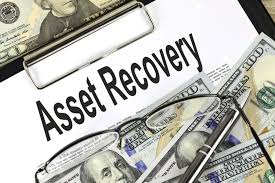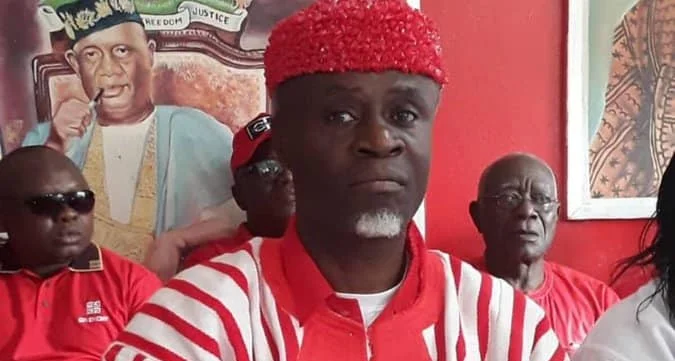Thanks to Alexis Loeb’s March 26 Lawfare post, another Trump Administration attack on the global effort to curb corruption has been revealed. Buried in Attorney General Bondi’s February 5 Memorandum making the elimination of drug cartels and transnational criminal organizations the Justice Department’s number one priority, she reports, is an order disbanding the Department’s Kleptocracy Asset Recovery Initiative.
Loeb does a fine job of explaining what a loss its dissolution will be to the international fight against corruption, recounting its efforts to help nations around the world battle kleptocracy. Among its successes: Initiative’s lawyers forced notorious kleptocrat Nguema Obiang, Equatorial Guinea’s Vice President, to forfeit nearly $30 million in assets, and their efforts resulted in the return of millions stolen by Nigerian dictator Sani Abacha and former Uzbekistan “first daughter” Gulnara Karimova to their countries. The blockbuster was 1 Malaysia Development Berhad (1MDB). With the Initiative’s assistance, Malaysia has so far recovered $6.5 billion in stolen assets from the thieves (here). Indeed, Jeff Sessions, Trump’s first Attorney General, called the 1MDB scandal “kleptocracy at its worst,” and lauded the help the Initiative provided Malaysia’s government (here).
But Loeb leaves the big question unanswered. Why in the world would AG Bondi disband such a valuable unit? Especially since, when assets are forfeited to the U.S. government, the staff time and expenses incurred were covered.
Thanks to Washington Post reporter Peter Whoriskey’s story in today’s paper, we now have the answer.
The Initiative’s work crossed a Trump red-line/ Or more accurately it crossed three of his cronies. The most severely affected was former Trump campaign chairman Paul Manafort, who Trump had to pardon after his conviction on tax and bank fraud. Sources told Whoriskey the case was a direct result of the Initiative’s work. The Initiative also discovered Trump fund-raiser Elliot Broidy’s back-channel, unregistered lobbying on behalf of foreign interests, a crime to which he pleaded guilty (here). Finally, there is Steve Witkoff, Trump’s special envoy to the Middle East, now notorious for dialing into the discussion about attacking the Houthis while in Russia (here). The Initiative’s investigations disclosed no wrongdoing on his part, but one of his major real estate deals went south when the Initiative sued a major investor to recover funds the investor had stolen in the 1MDB debacle.
The stories confirm the international anticorruption community’s worst fear: Trump’s determination to bench the leading player in the effort to bring kleptocracy under control.
Last week France, Switzerland, and the United Kingdom announced “a new anticorruption alliance” to tackle foreign bribery and corruption (here). Although the statement never mentions Bondi’s pause of FCPA enforcement (here), it is quite clearly a (welcome) response to it. Might the three governments expand the alliance’s work to pick up where the Kleptocracy Asset Recovery Initiative left off?













